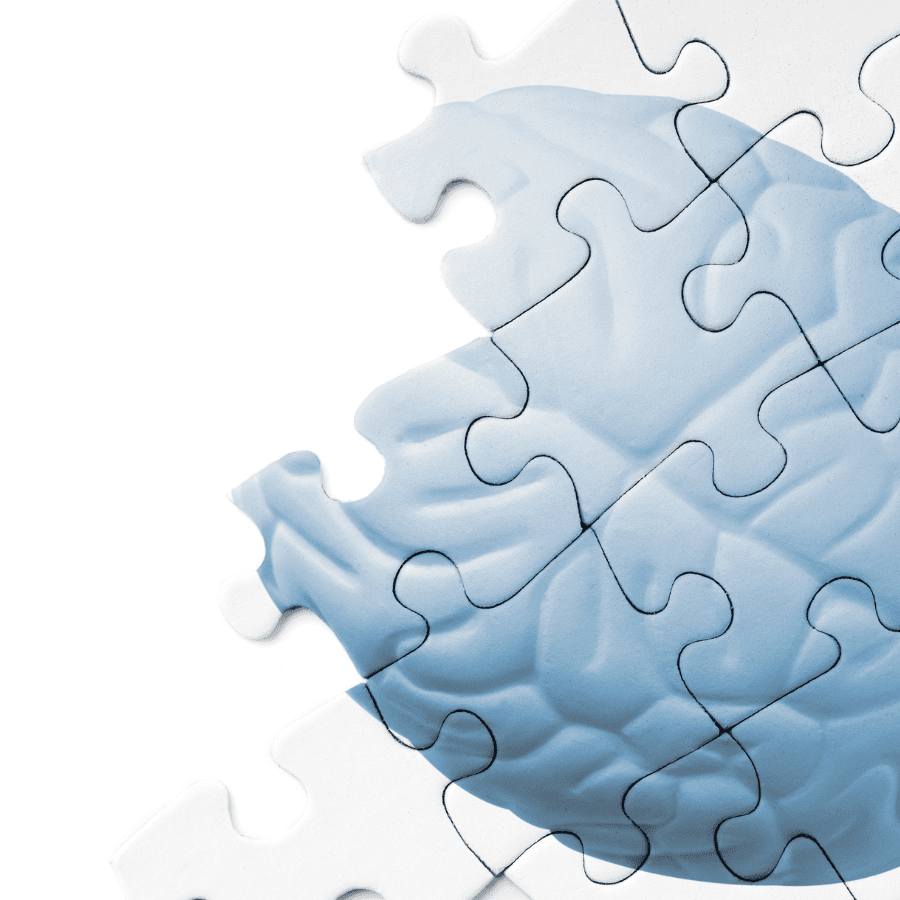Introduction
Critical thinking is an important skill that should be learned in school and at home. Critical thinking is about more than just understanding the material for a test; it’s about being able to process information effectively, evaluate your own ideas and those of others, and make good decisions based on what you know. As educators, we want our students to develop these skills because they will help them throughout their lives as they work through problems both big and small. But how do we get there? Here are some ways teachers can help students develop critical thinking skills:
1. Help your child recognize logical fallacies.
Logical fallacies are errors in reasoning. They’re common in arguments and can be used to manipulate people, but they don’t necessarily have any bearing on the truthfulness or strength of an argument itself.
One example of this is ad hominem–arguing against someone’s character rather than their ideas. If you say “you’re wrong because you’re selfish,” that doesn’t mean anything about whether or not what you said was true! Another example is straw man: misrepresenting someone else’s argument so that it can easily be refuted (and therefore make yourself look smarter). For example: “I don’t think we should spend money on helping poor people because they’ll just spend it all on alcohol.” This might sound like a good argument at first glance–after all, isn’t there some truth to it? But really all this person has done here is take an idea from another person’s perspective and twisted it into something else entirely so that he/she can attack an easier target instead of challenging his/her actual point of view directly (and maybe even learn something new).
2. Teach them to explore all sides of an issue.
Teach your students to explore all sides of an issue.
You can do this by asking them to come up with a list of pros and cons, or the advantages and disadvantages of something. Explain that there are always multiple points of view on any issue, and that it’s important to understand both sides before making decisions or judgments about what is true or false.
3. Help them think critically about the media they consume.
Media literacy, or the ability to critically analyze and evaluate media, is an important skill for students to develop. In order to help them do this, you should encourage them to ask questions about how the media is biased and what kinds of messages it sends. They should also learn how to analyze these messages so they can make informed decisions based on their own critical thinking skills instead of just following along with what they see in the news or on social media sites like Facebook or Twitter.
You should also teach students how they can use the media effectively in their own lives: for example, if you want people who are watching your movie trailer online (or even better yet at home) will then go out buy tickets for opening day!
4. Challenge your students’ ideas, then let them respond with better ideas.
To help your students develop critical thinking skills, you must first teach them to be open to criticism. You can do this by encouraging them to think about their ideas and how they can improve them (e.g., using the Socratic method). Another way of encouraging students’ openness is by using peer review or rubrics with each other so that they learn from each other’s mistakes as well as successes.
5. Ask your students to define their own problems and create solutions for themselves.
As you can see, critical thinking is an important skill to develop in students. The best way to do this is by encouraging them to think critically about their own lives and problems.
In order for students to develop critical thinking skills, they need opportunities where they can practice them. One great way of doing this is by asking your students: “What’s the problem?” or “How can we solve this?” You could also ask them what they think would happen if they did something differently next time around.
6. Give frequent feedback on assignments, papers, and tests to reinforce the skills you want them to develop in class and at home.
- Give frequent feedback on assignments, papers, and tests to reinforce the skills you want them to develop in class and at home.
- Be sure to give feedback on a regular basis (at least once per quarter).
- Focus your comments on the strengths and weaknesses of their work rather than just telling them what they got right or wrong. This helps students understand how they can improve their work going forward.
Developing critical thinking skills is an important part of teaching students how to think critically in a variety of ways
Critical thinking is an important part of teaching students how to think critically in a variety of ways. Students need critical thinking skills to be successful in school, college, and life. Critical thinking helps them think more clearly and make better decisions. It also helps them be more creative and innovative.
By developing these skills during the early years, you can help your child develop a lifelong love of learning that will benefit them throughout their educational career (and beyond).
Conclusion
The best way to develop critical thinking skills in your students is by helping them recognize logical fallacies, explore all sides of an issue, think critically about media they consume and challenge their own ideas. You can also give frequent feedback on assignments, papers and tests to reinforce the skills you want them to develop in class and at home









